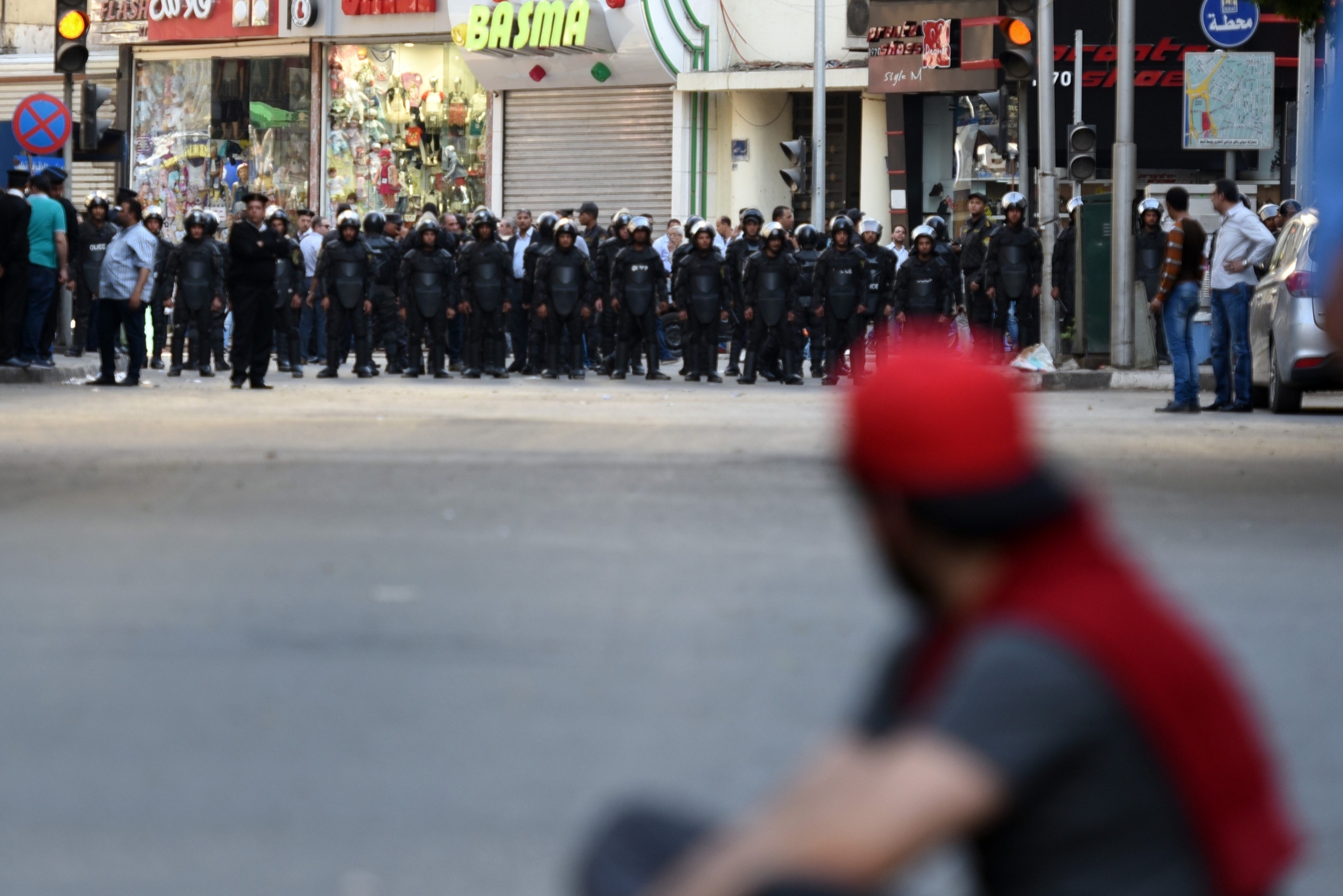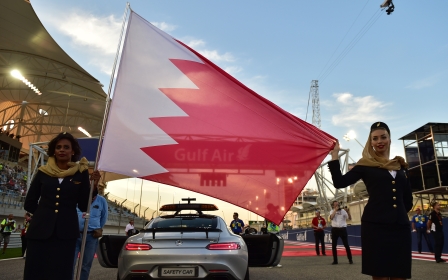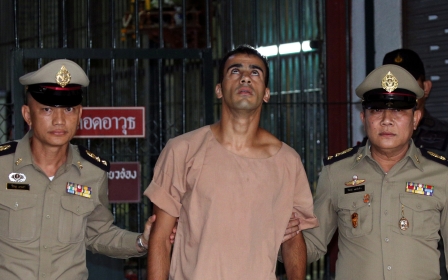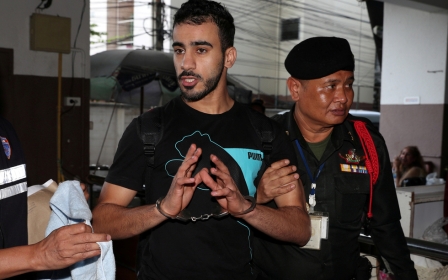Female activist who criticised Formula One in Bahrain faces torture in prison

A female activist, imprisoned for criticising Bahrain's hosting of the Formula One (F1) Grand Prix in 2017, has said she continues to endure "psychological and physical torture" inside a Bahraini prison.
In a series of voice notes passed on to the Bahraini Institute for Rights and Democracy (BIRD), a human rights group based in London, Najah Ahmed Yousef said local prison officers had tortured her and other activists.
"We are fighting to stay alive inside our prison cells but dying slowly because of the mental and physical abuse," Yousef told BIRD during a phone conversation from Isa Town Prison for women. "I appeal to the international community and international human rights organisations to intervene urgently and quickly to stop the violations we face inside the prisons."
Yousef said one prison guard, in particular, had assaulted her and fellow activist Hajar Mansour and deprived them both of participating in religious rites with other prisoners.
A Bahraini government spokesperson told MEE that Bahrain's "independent ombudsman has comprehensively reviewed the case of Nahaj Yusuf and found no evidence of wrongdoing."
New MEE newsletter: Jerusalem Dispatch
Sign up to get the latest insights and analysis on Israel-Palestine, alongside Turkey Unpacked and other MEE newsletters
The spokesperson added: "The Government of Bahrain takes any allegation of mistreatment extremely seriously. If any form of mistreatment is found to have taken place the government will take immediate action against the individual or individuals responsible."
Bahrain sentenced Yousef to three years' imprisonment in June for criticising Bahrain's 2017 Grand Prix and the Bahraini royal family on social media.
Rights groups have condemned Bahrain for imprisoning Yousef, saying the conviction relied on confessions obtained via physical and sexual torture -a charge Bahrain has denied.
Her appeal for the international community to act comes as human rights groups have applied mounting pressure on F1 to speak out against abuses in Bahrain.
Representatives from BIRD and Human Rights Watch criticised a letter sent by Formula One to the rights groups earlier this week, condemning the sporting organisation for "looking the other way".
Sacha Woodward-Hill, general counsel for F1, said in the letter, seen by Middle East Eye, that F1 had received assurances from Bahraini authorities that its citizens were allowed to oppose the Grand Prix and criticise the competition.
"We were assured that Ms Yousef's detention, the charges she faced, her trial and her subsequent conviction had nothing to do with peaceful protest around the Bahrain Grand Prix," she wrote.
"Furthermore, we asked for assurances that punitive measures including arrest, prosecution, detention and charging in relation to any person, including Ms Yousef, for singularly peaceful criticism of the Grand Prix was not and never would be exercised by the authorities in Bahrain.
"In response, we were assured that anyone who merely criticised or continues to criticise Formula 1 in Bahrain is free to do so, can say whatever they want, and would be left alone to do so."
F1 did not respond to MEE requests for comment at the time of writing.
Both BIRD and HRW condemned F1 for its lack of action, despite previously stating that it had some concerns over Yousef's imprisonment.
"Taking the Bahraini government’s assurances that no punitive measures will be directed against activists for peacefully opposing the Grand Prix is absurd given Bahrain’s track record of repressive measures to close down protests opposing the races in the country," Aya Majzoub, a Middle East researcher for HRW, said in a statement.
"Formula One’s response indicates that it is willing to look the other way while Bahrain engages in severe human rights abuses, and it is complicit in Bahrain’s attempted use of the Grand Prix to whitewash those abuses.”
Sayed Alwadaei, the director of BIRD, said F1 was guilty of "covering up for Bahrain."
"Months have passed since F1 initially raised concerns for Najah, and yet no changes have been reflected in her situation," Alwadaei told Middle East Eye.
"If anything, her situation has worsened in the interim. She remains unlawfully imprisoned, having last seen her family almost six months ago."
Middle East Eye delivers independent and unrivalled coverage and analysis of the Middle East, North Africa and beyond. To learn more about republishing this content and the associated fees, please fill out this form. More about MEE can be found here.




